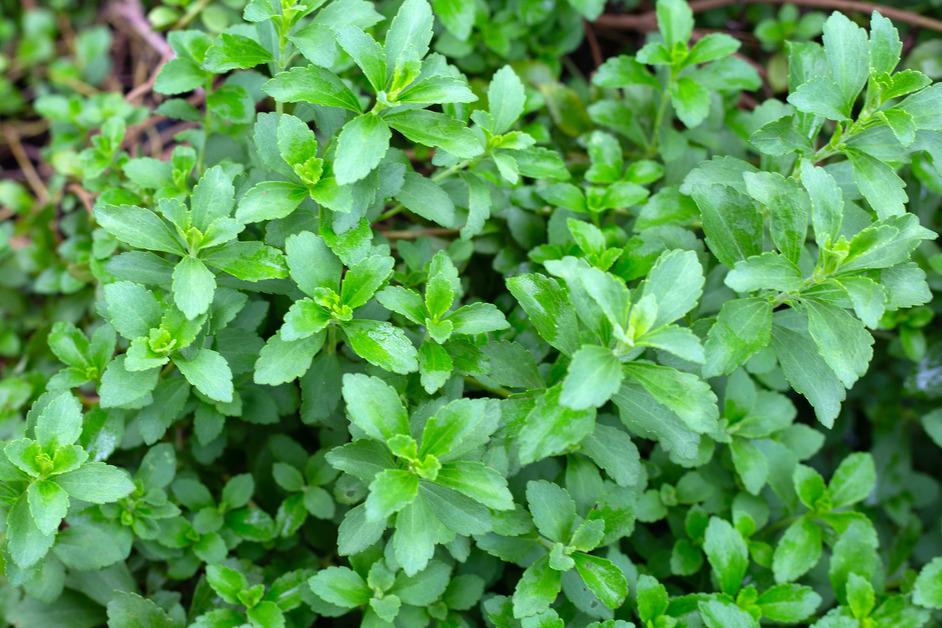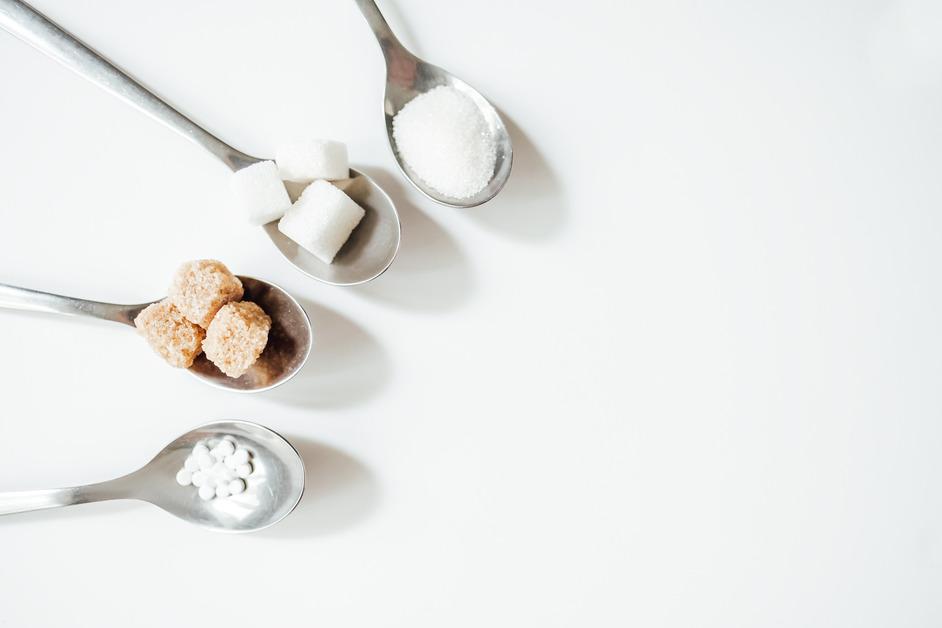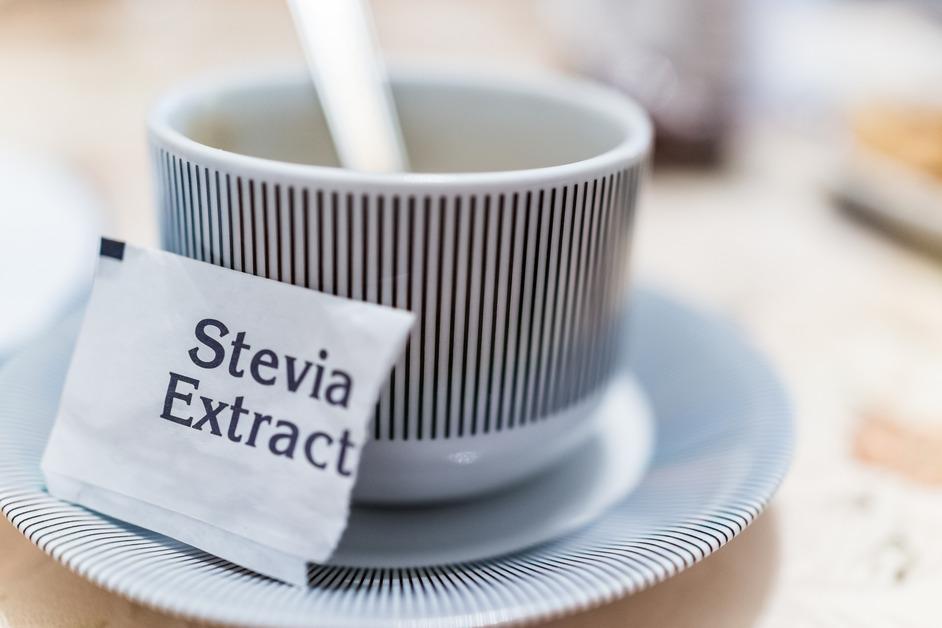Why Stevia Was Banned by the FDA in 1991
Published June 20 2023, 9:51 a.m. ET

Stevia, a replacement for table sugar, has been a part of South American culture for centuries. Today, it’s prevalent in supermarkets all across the U.S., marketed as a healthy sugar alternative without sacrificing the sweet taste.
So, given this, why was stevia ever banned in the U.S.?

What is stevia and why was it banned?
What we know today as stevia is derived from the leaves of the stevia plant, which is native to South America. The plant has been cultivated for its sweetness and treatment of health afflictions for centuries, per Verywell Health.
Stevia was first introduced in the U.S. in 1970 as an artificial sweetener in food. It was later banned in 1991, due to inadequate toxicology information and speculation from studies that it may cause cancer. Since then, the ban has been lifted and stevia has been reintroduced, but some still have concerns, per research published in Food and Chemical Toxicology

Purified stevia extracts are “generally recognized as safe,” (GRAS) by the Food and Drug Administration (FDA); however, crude stevia is not. Today, only purified stevia extracts, which must fall under at 95 percent minimum purity standard, are able to be imported and used as sweeteners, per the FDA.
How is stevia different from sugar?
This ultra-purified stevia is also labeled as Rebaudioside A (Reb-A), and is a sugar substitute, or a “novel sweetener,” because it is made from natural sources and practically calorie-free. Stevia is estimated to be 200 times sweeter than sugar, per Healthline.
It’s made by drying and steeping stevia leaves, before extensive filtering to create a purified extract able to be imported and sold. Stevia can take many forms, such as powder, granules, or even liquid, per Verywell Health.

When sold, it’s common for stevia to be mixed with other ingredients to dilute the sweetness. For example, Stevia In The Raw is a blend of Reb-A and dextrose or maltodextrin, per Healthline.
Is stevia healthier than sugar?
The answer to this question largely depends on who you ask. As said earlier, stevia is a noncaloric sweetener. This may sound good at face value, but the health impacts can vary.
For example, if you are swapping stevia for sugar solely because of the calorie-free aspect, your body may still compensate for the calories not consumed. A study in 2016 found that those who added stevia to a drink in the morning usually ate a larger lunch to make up for the lack of calories.

For those with diabetes, stevia may be effective in lowering blood sugar. A study in 2010 found that after participants ate food sweetened with stevia, their insulin and glucose levels decreased. However, something to note is that this was a small controlled study, meaning that stevia should not be seen as a cure-all for high blood sugar.
Some evidence does suggest that stevia could be bad for the intestines, and cause digestive issues. A study in 2019 found that stevia consumption impacted glucose tolerance and the microbiota in the intestine.

At the end of the day, remember to take care of yourself when making dietary choices. Stevia is nonnutritive, meaning your body isn’t getting any sustenance from it. Your brain and body cannot operate at full capacity on just zero-calorie sweeteners, so if you are a stevia consumer, remember to make sure you are getting the nourishment you need.